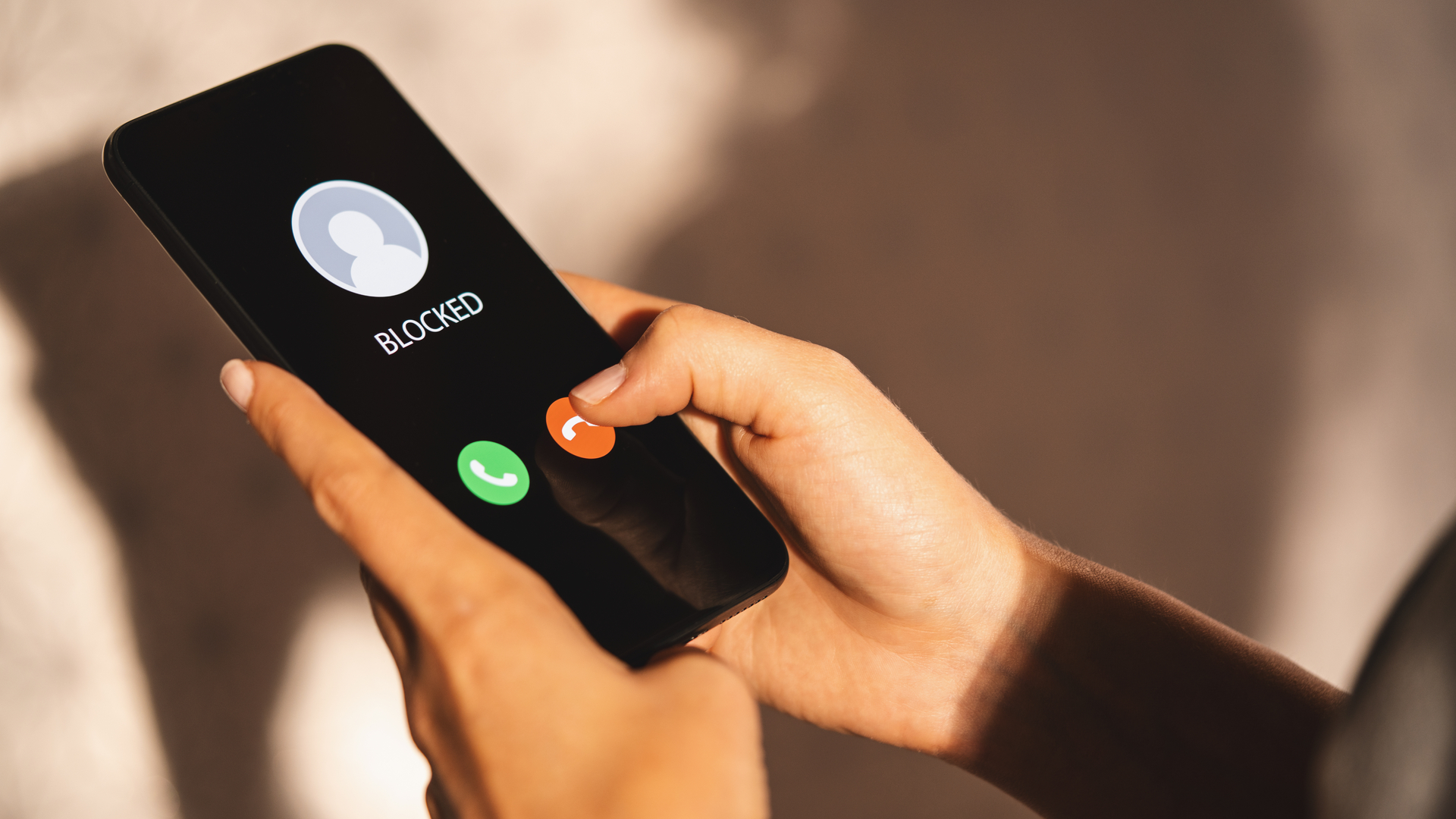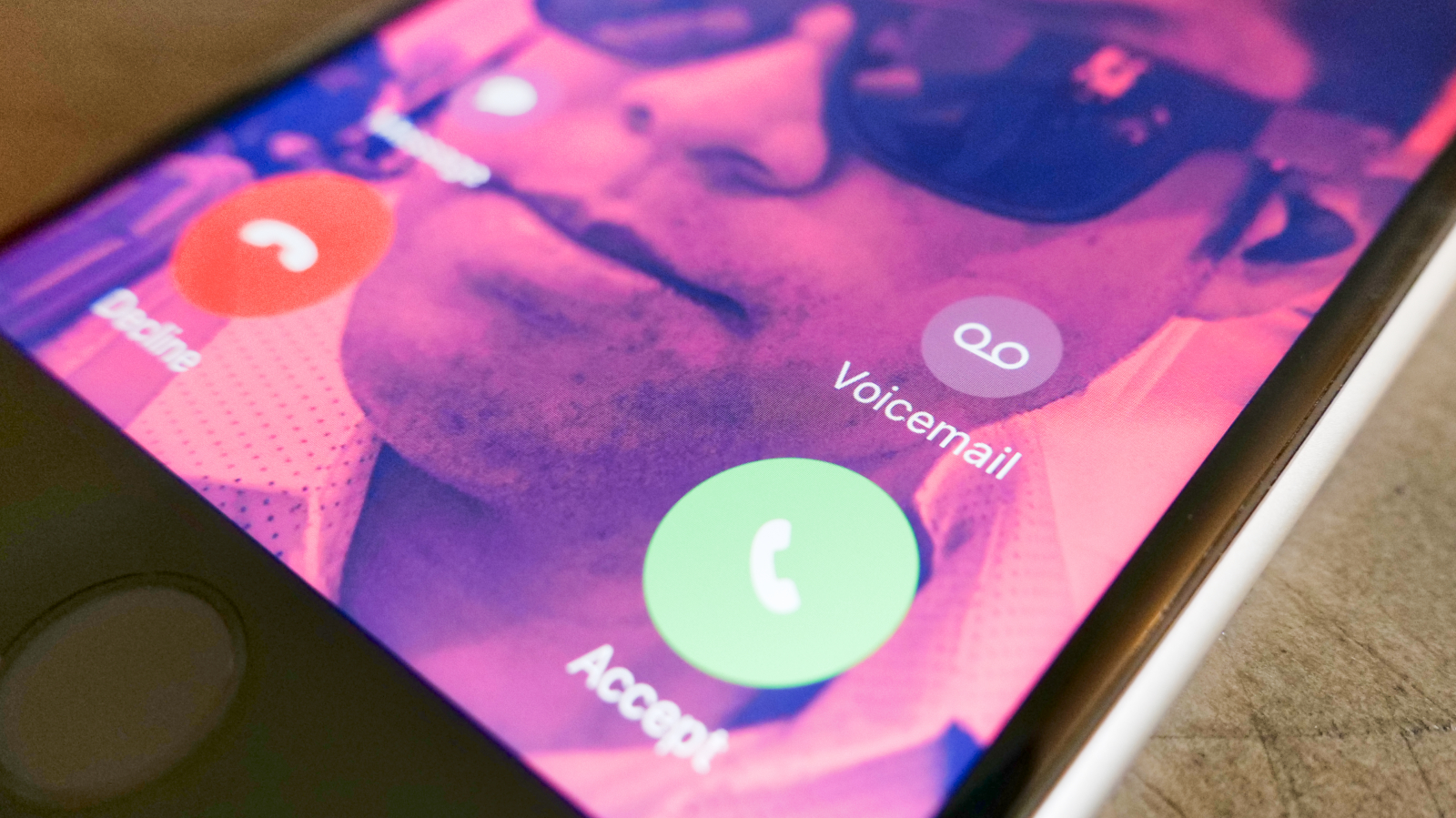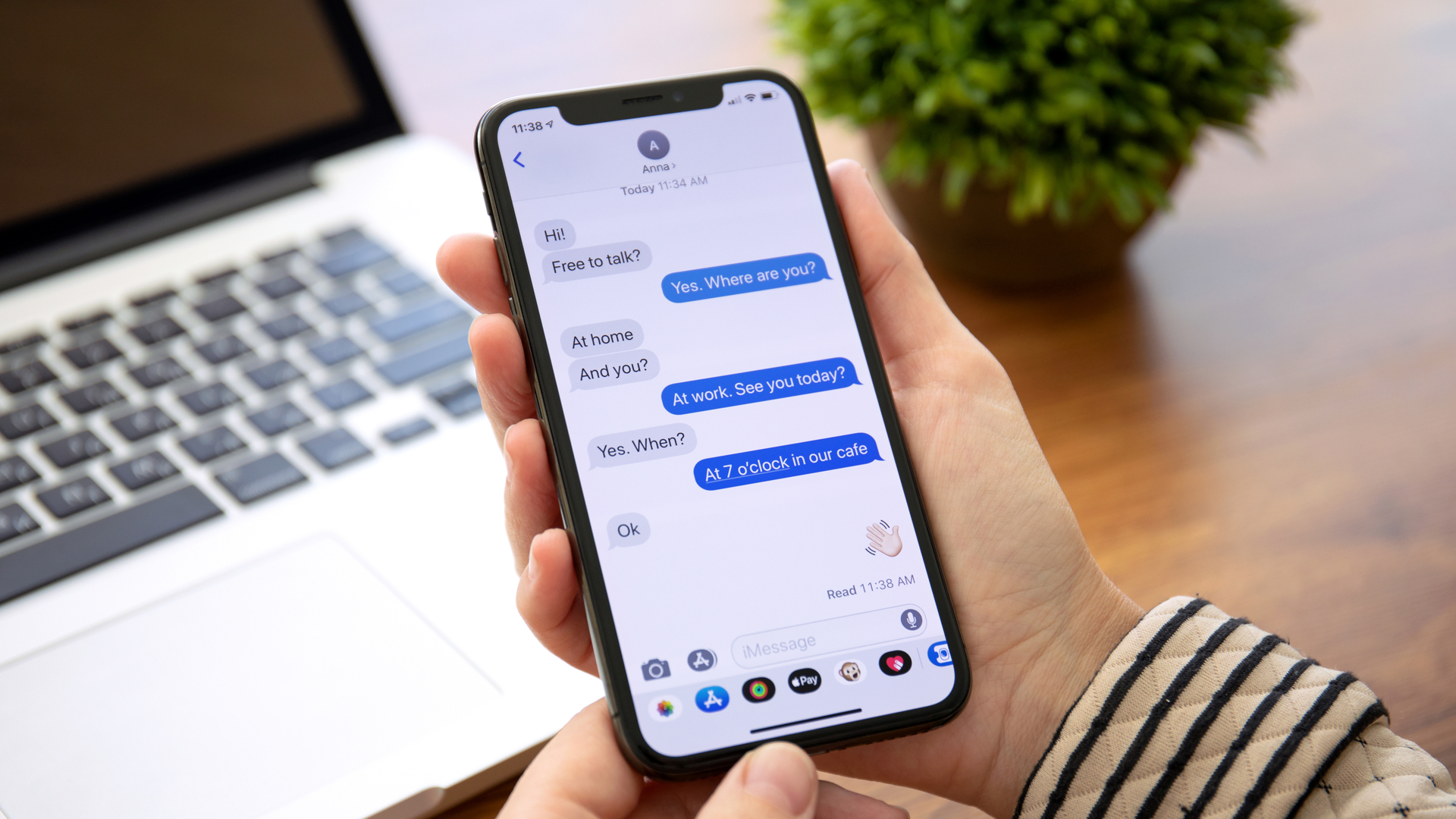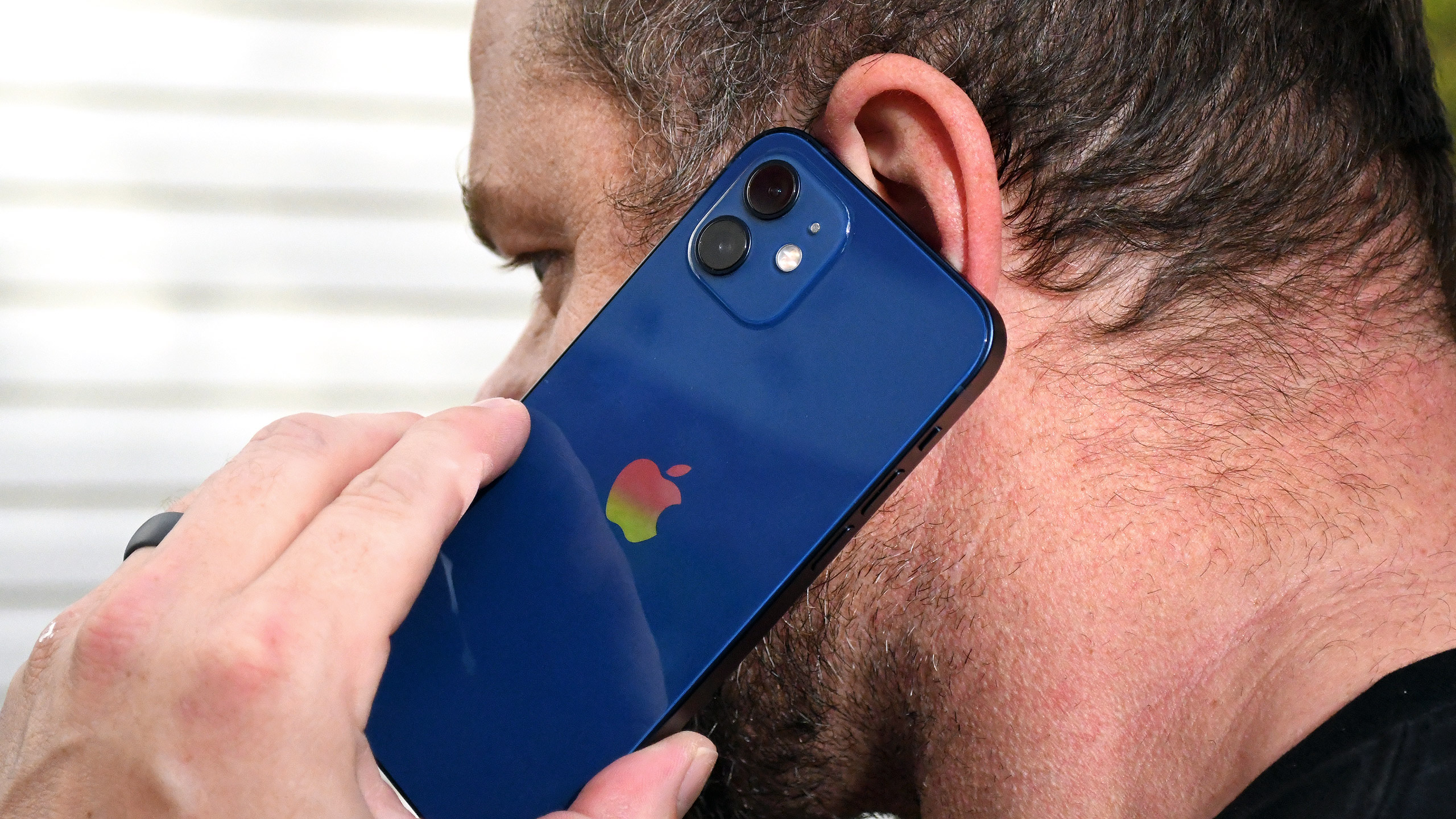How to know if someone blocked your number
To learn if someone has blocked your number, try these three methods

Ever sent a text and felt like you're shouting into the void? Or called someone only to be met with an endless ring? You might be wondering: Have I been blocked? While its easier than ever to stay in touch with people, blocking them is the fastest way to cut off communication. There are differs ways people can sever that communication — whether it's via iMessage, or through our socials like Instagram or Whatsapp.
But how can you know for sure if someone has blocked your number? When someone blocks us, it can be a rather uncomfortable and upsetting experience. But its not always straightforward, and jumping to conclusions can lead to unnecessary anxiety. We're here to help you decipher the clues and understand what's really going on when your communications seem to hit a wall.
Before we dive in, remember: being blocked isn't always personal. It could be for various reasons, some of which might have nothing to do with you. While it's natural to be curious, it's crucial to respect others people's boundaries and privacy.
If you need to do some blocking yourself, then we can help with that too. We have guide on how to block someone on TikTok, WhatsApp, Android, through text messages and Facebook, as well as how to block calls on Android or calls on iPhone.
How to know if someone blocked your number
1. See how fast you get to voicemail

When you call someone who may have blocked your number you'll find that your call won't get through with no notification about a call in effect. And you won't get a normal ringtone or voicemail functions.
This is very different to someone not answering your call, whereby your call will ring for sometime before getting to voicemail. Or if the person's phone is off, you'll go straight to voicemail when calling someone who hasn't blocked you.
When your number is blocked, you'll find that you'll get one ring and then the call will go to voicemail. However, even if you leave a voicemail, it won't go to the recipients inbox. Rather it'll be directed to a location for voicemails from blocked numbers. How this works will depend on the phone the call recipient has, or indeed the phone you have if you're getting voicemails from a blocked number.
One other thing to keep an ear out for: a prerecorded message that says the number is "unavailable." The exact message will vary depending on the recipient's wireless carrier, but if a number is unavailable — especially if other phones can reach it — your number is almost certainly blocked.
2. Try sending a text message

Text messages can provide some clues about whether or not a person blocked you, although it's a more reliable method for iOS than it is for Android. On iOS, after you send a text, you'll usually get one of two notifications right underneath your message: "Delivered," or "Read." The former means that your text message went through, but the recipient hasn't read it yet. The latter is self-explanatory.
However, if a person has blocked you, you won't see either notification. Instead, there will just be a blank space beneath your text. It's worth noting that being blocked is not the only reason why you might not see a notification. If a user has his or her phone on Do Not Disturb mode, you won't get any kind of notification until he or she turns that option off. However, if it's been a few days and you still don't see anything, you can consider blocking the most likely explanation.
If you and/or your intended recipient have Android phones, though, the process is much less straightforward. Some Android phones have this functionality; some don't. Some message receipts work perfectly with iOS; some don't. If you've got an Android phone, your best bet is to just send a text and hope you get a response.
3. Call from another phone

Sometimes, the simplest solution really is the best one. If you think you've been blocked, try calling the person's number from another phone. Use your work phone, borrow a friend's phone; it doesn't really matter. The point is, if you can't reach a person on your phone, but can reach them on another phone, there's a good chance you've been blocked.
Try this sequence: Pick a time when it's likely the person you're calling will be free. Call on your phone. See what happens. Then, call on another phone immediately thereafter. Remember: You don't need to actually reach the person; you just need to see how long it takes to go to voicemail.
Best-case scenario: You'll be able to talk to the person and find out why they don't want to accept your calls. (If they hang up on you immediately, that's telling as well.) Worst-case scenario: You'll live forever with the mystery of whether or not you've been blocked.
And yet, it's not the worst mystery in the world, when you get right down to it. Whether a person is screening your calls indefinitely or has blocked you outright, the end result is the same: They don't want to talk to you. Your best bet is usually to respect that, and maybe try again in a few months to see if things have calmed down.
How to handle being blocked
- Being blocked can evoke negative emotions (unpleasant, confusing, infuriating)
- Try not to let it affect you too much
- Resist the urge to keep contacting the person
- Continued contact attempts can be seen as harassment
- Talk to a friend about the situation
- Seek support from readily available resources
- Focus on self-care and moving forward
Get instant access to breaking news, the hottest reviews, great deals and helpful tips.

Marshall Honorof was a senior editor for Tom's Guide, overseeing the site's coverage of gaming hardware and software. He comes from a science writing background, having studied paleomammalogy, biological anthropology, and the history of science and technology. After hours, you can find him practicing taekwondo or doing deep dives on classic sci-fi.
 Club Benefits
Club Benefits





